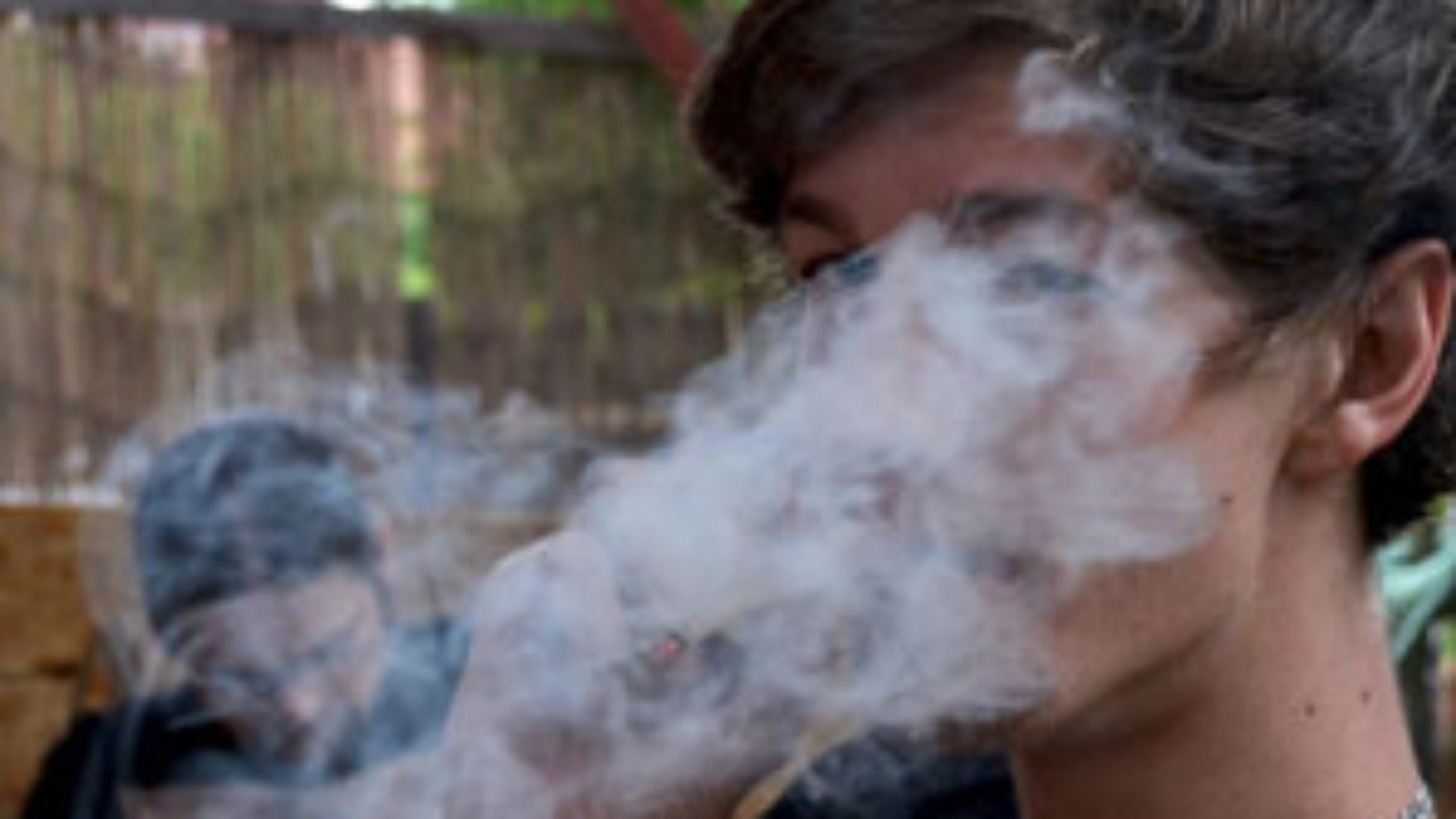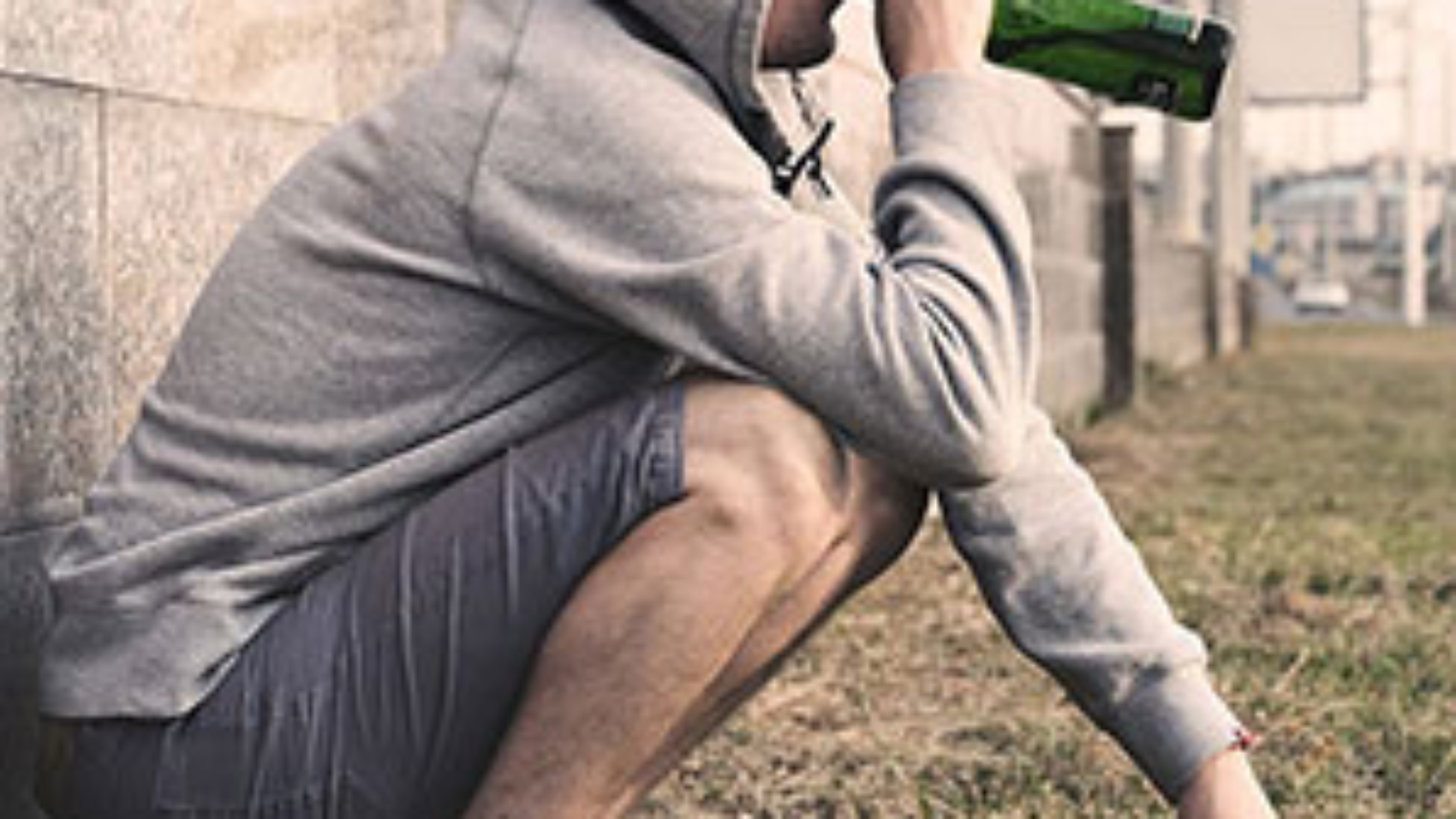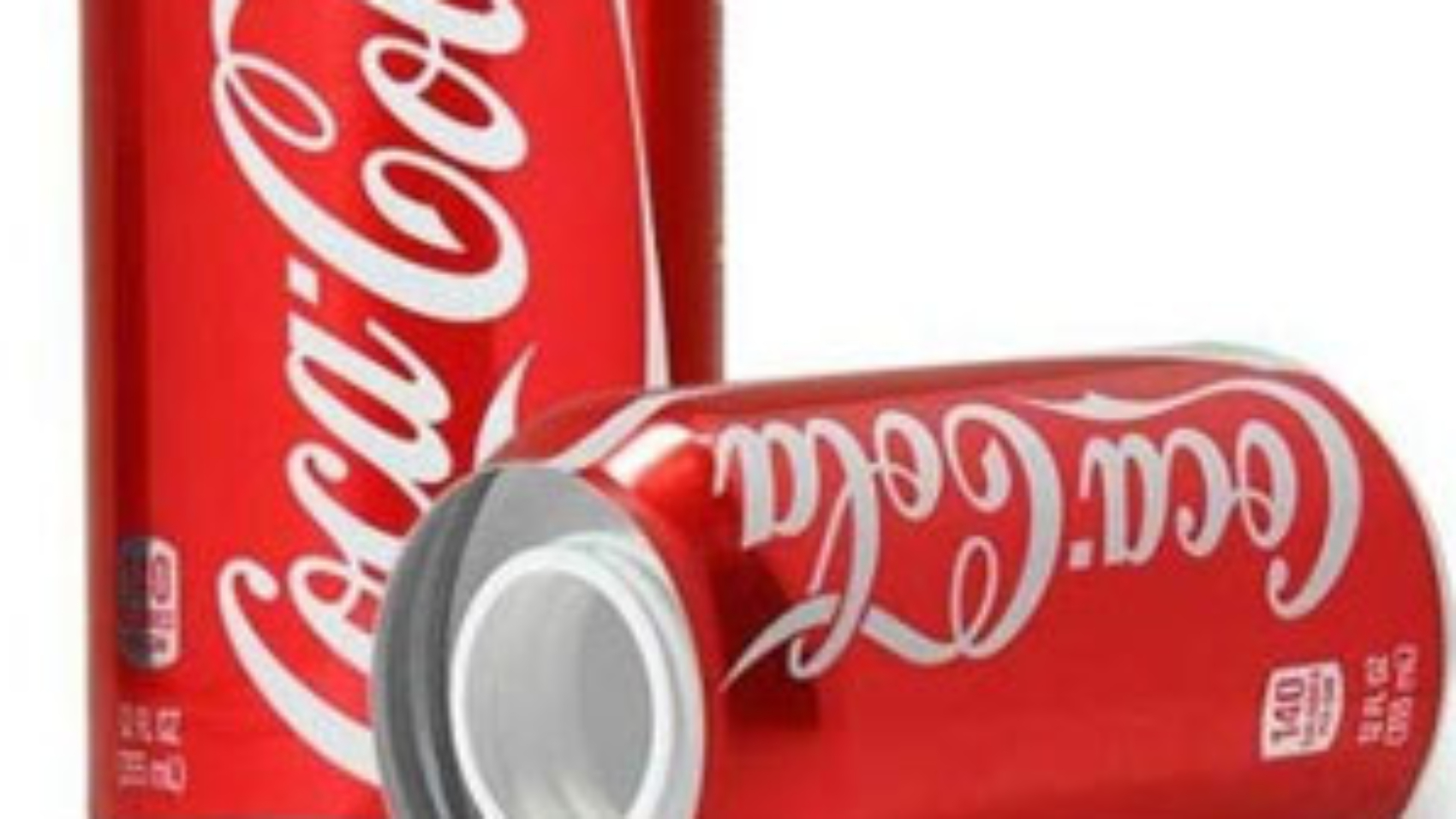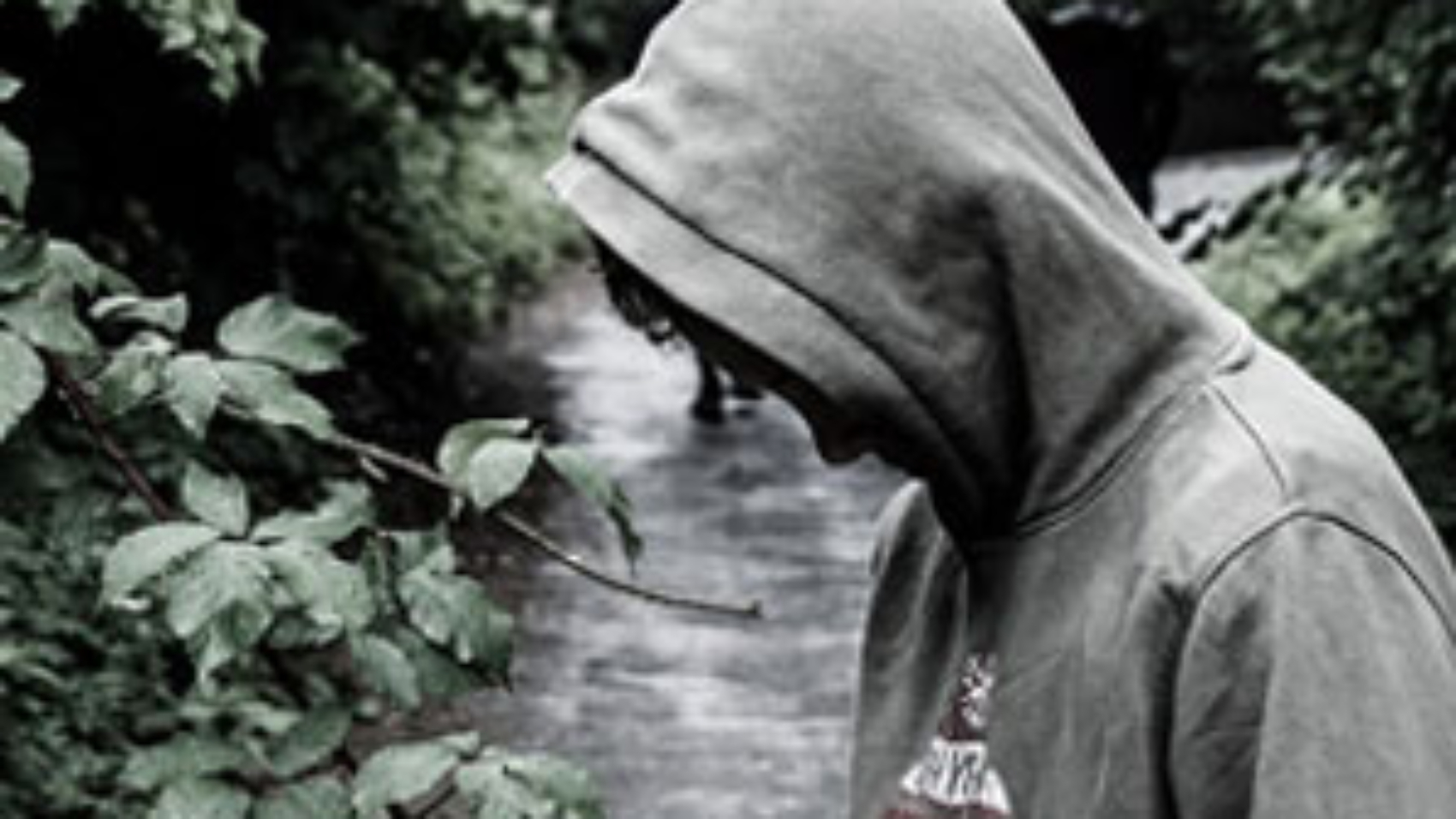
How to Help Your Child Stop Smoking Pot
It is normal to feel emotional if you find that your son or daughter has been using marijuana. These emotions can range from the guilt that you did not take action before, or you could just feel upset at the thought that your child has started abusing the drug. Whatever your feelings, drug use is something that many parents of teens face. It can be difficult to tackle but you must work with your child to address the issue before it goes too far.
Finding Out Your Child is Smoking Pot
Most teens will go to extraordinary lengths to hide any suggestion of substance abuse from their parents so if you do find out you are halfway towards getting the situation in hand. Although finding marijuana or smoking paraphernalia may cause conflicting emotions, it also allows you to discuss the issue with your child. It could be that you have already noticed changes in behavior and that finding evidence is merely confirmation of your suspicions. In any case, before approaching your child, take into account the following:
- Only start a conversation when your child is sober
- Focus on communicating calmly and avoid confrontation. Becoming angry or hostile will be counterproductive.
- Make sure you can present evidence or examples that cut across your child’s ability to deny substance use.
- Come to the table with ideas to help them stop using the drug.
- Set clear boundaries – drug abuse will not be tolerated and prepare some consequences for them if they continue. You must choose things you will be prepared to follow through for these to be effective.
- Think of ways you can establish trust between yourself and your child.
- Provide opportunities to reconnect with your teen.
- Always be responsive when your child seeks to find ways to change their behavior.
You may need to use a professional interventionist if your child’s situation is severe. These trained individuals can provide an outside perspective and help you to approach the topic in a more impactful and positive way. They often facilitate the conversation and help parent and child move forward, including helping them obtain and begin treatment programs for addictions.
Treatment Programs for Marijuana Abuse
It is possible that a person can stop using marijuana without any professional help but you may consider that your child should start a treatment program. These programs help your child by providing coping skills and tools they can use to stay sober. Occasionally the use of marijuana can be a sign of other mental health disorders for which the child is self-medicating. Professionals can help ascertain if this is the case. Treatment programs are an important consideration for most teens who are abusing marijuana.
While there are arguments that marijuana itself is not addictive it has been shown to cause a dependency; where a person only feels normal when using the drug. The earlier drug use starts the more likely a person is to go on to develop an addiction.
Some of the signs your child may need to seek professional help include:
- Craving the drug
- Tolerance – needing to use higher doses more often to get the same high
- Marijuana takes on more importance than other activities
- Unable to stop using marijuana
Therapies for Marijuana addiction
The main goal of any treatment program is to help young adults develop the coping mechanisms they need to avoid turning to drugs when they experience stressors or triggers. Sending your loved one to treatment is the answer to the question of How to Help Your Child Stop Smoking Pot. The focus is often on developing coping strategies, problem-solving skills and looking at lifestyle changes. This is all working towards a more positive and healthy approach to challenges they may face in life.
The programs encourage the child to become more independent and confident that they can manage sobriety and deal with life without drugs. Additionally, they will also be encouraged to develop skills and activities to help prevent relapse and become assertive enough to feel able to say ‘no’.
There are many adverse effects on a teen’s physical and mental health that occur from the abuse of marijuana so it is important to intervene as early as possible. Whatever method you choose, whatever program they start, it is something that you will need to work on with your child and starting the conversation is the vital first step.
If you have any questions about marijuana abuse, any concerns about your child or you want to discuss how to get your son or daughter the help they need please contact us at The Last House by completing our contact form or calling one of our admission counselors.
Oops! We could not locate your form.



















